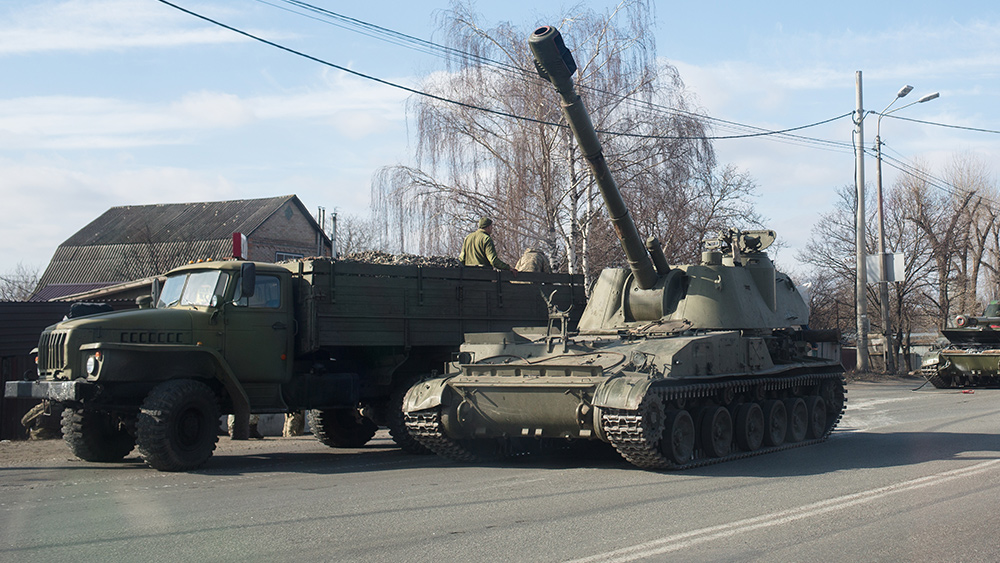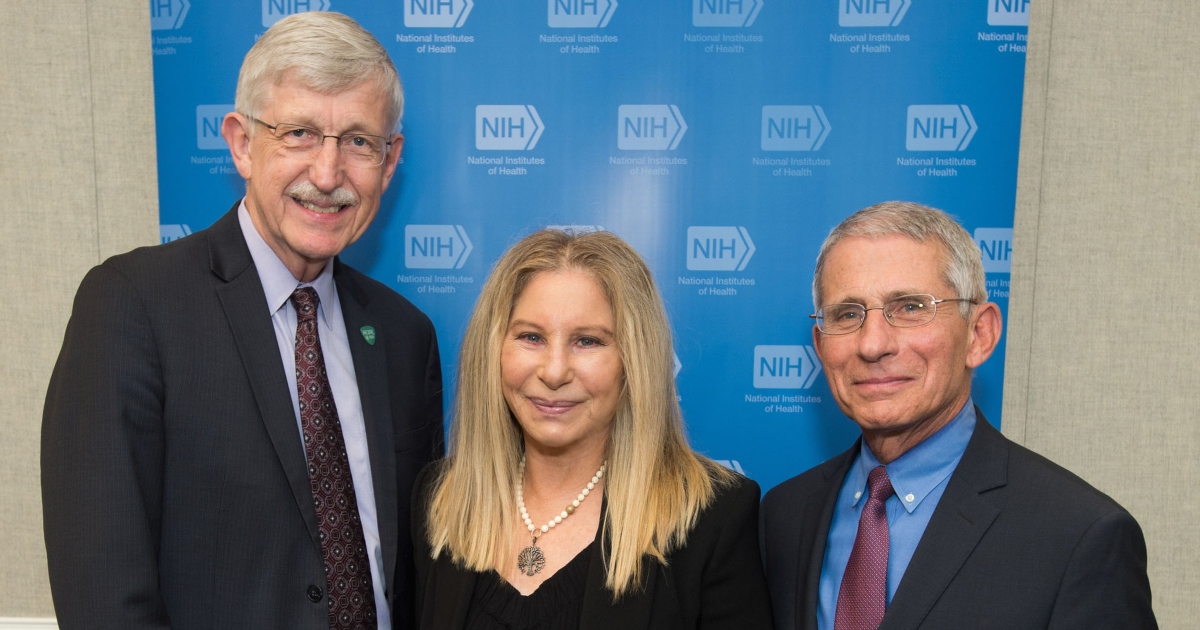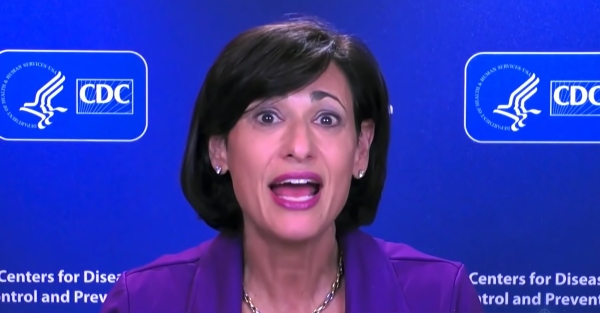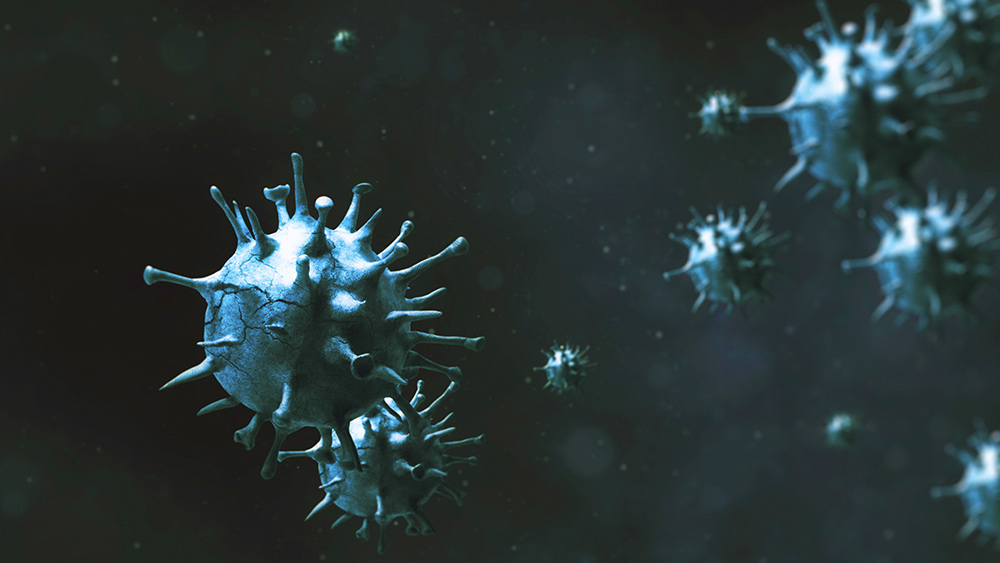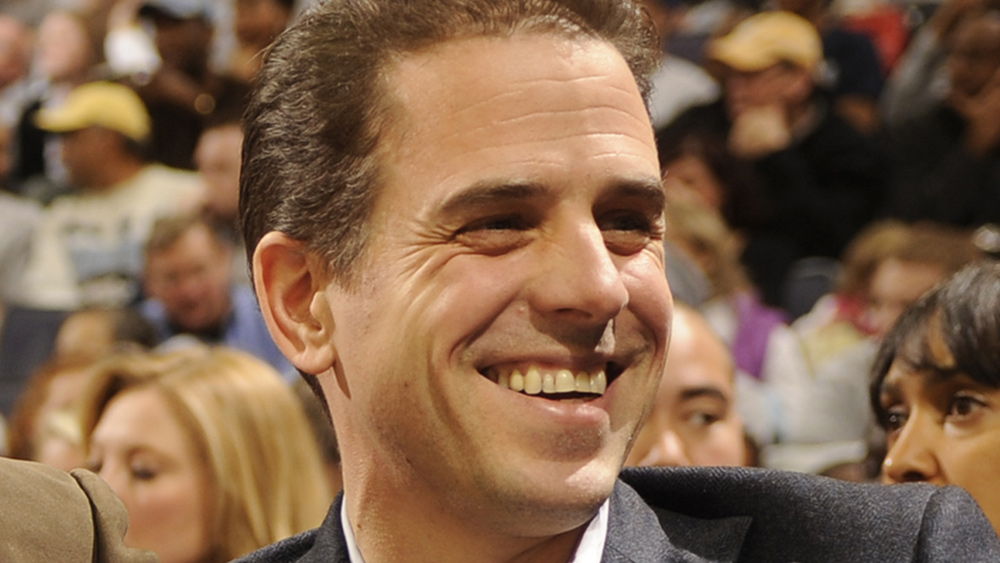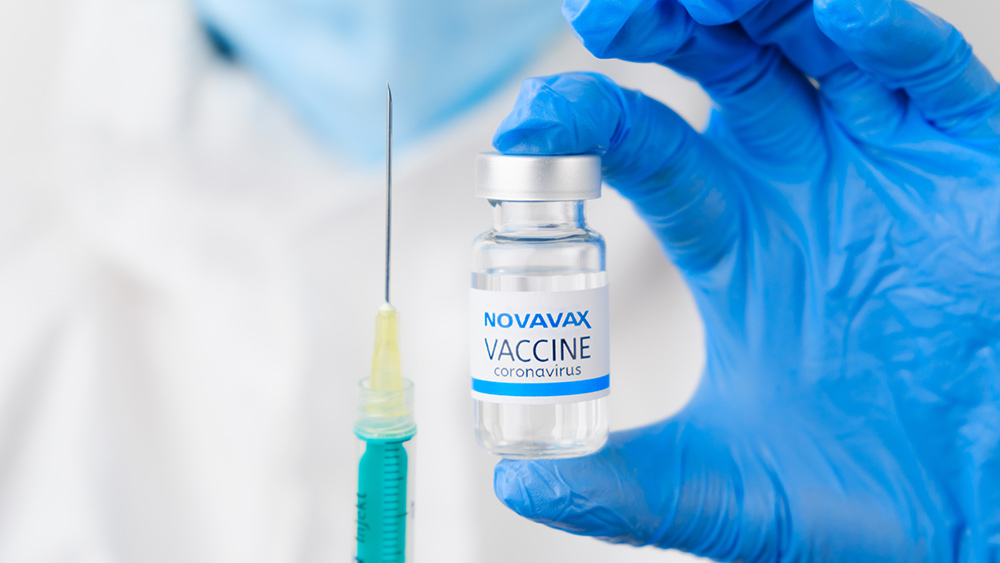NYT: “Do COVID precautions work? Yes, but actually not really.”
03/13/2022 / By News Editors

“Do Covid Precautions Work?” asks New York Times reporter David Leonhardt. “Yes,” he concludes, “but they haven’t made a big difference.”
(Article republished from Eugyppius.com)
It’s amazing to see a journalist finally confronting all of the data we’ve discussed for over a year now.
Did Omicron spread less in the parts of the U.S. where social distancing and masking were more common?
The answer is surprisingly unclear.
It is honestly hard to write this without overmuch laughter.
Nationwide, the number of official Covid cases has recently been somewhat higher in heavily Democratic areas than Republican areas, according to The Times’s data. …
No single statistic offers a definitive answer. When I look at all the evidence, I emerge thinking that liberal areas probably had slightly lower Omicron infection rates than conservative areas. But it is difficult to be sure …
Leonhardt then commits a journalism. Rather than compare disease statistics across regions with different containment policies, he takes “Trump vote share” as a proxy for who is being more cautious. To the surprise of nobody outside the New York Times, he finds that greater Trump vote share does not correlate with higher positive test rates.
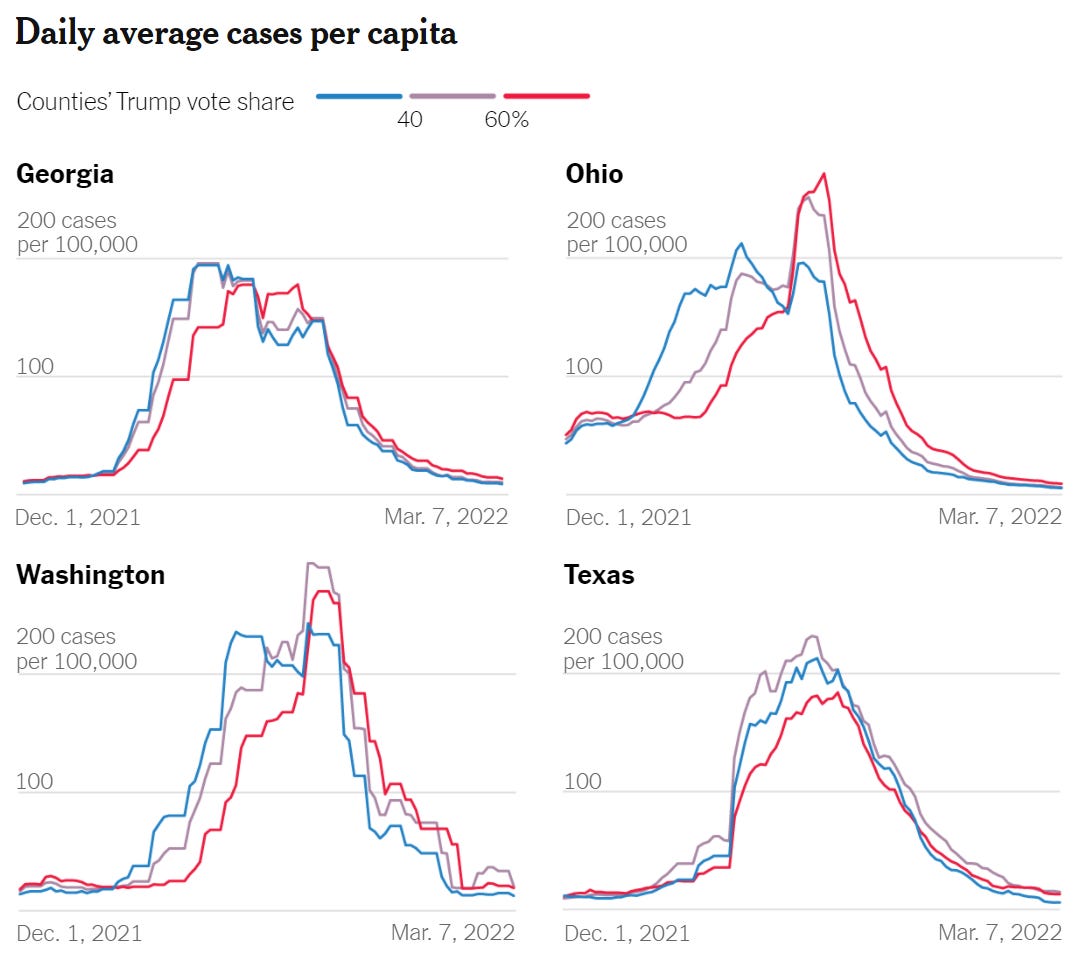
The lack of a clear pattern is itself striking. Remember, not only have Democratic voters been avoiding restaurants and wearing masks; they are also much more likely to be vaccinated and boosted (and vaccines substantially reduce the chances of infection). Combined, these factors seem as if they should have caused large differences in case rates.
Womp womp. The last two years have been nothing but the triumph of theory over evidence. I can no longer count, all the Twitter exchanges I’ve had, with people who are sure that lockdowns must work because reasons, and who can’t see that they’re nevertheless plainly not working.
The first lesson is that Covid vaccines are remarkably effective at preventing severe illness. …
The second lesson is that interventions other than vaccination — like masking and distancing — are less powerful than we might wish. How could this be, given that scientific evidence suggests that mask wearing and social distancing can reduce the spread of a virus?
This can be, because the “scientific evidence” is of low quality, politically motivated and obviously wrong. Leonhardt, though, is struggling with a very bad case of cognitive dissonance, and he prefers to think it is all down to Omicron being so infectious:
I’ve come to think of the point this way: Imagine that you carry around a six-sided die that determines whether you contract Covid, and you must roll it every time you enter an indoor space with other people. Without a mask, you will get Covid if you roll a one or a two. With a mask, you will get Covid only if you roll a one.
You can probably see the problem: Either way, you’ll almost certainly get Covid.
This is a bad analogy. It’s more like this: You need to inhale 5000 virus particles to have a good chance at infection. An infected cough releases 1 million virus particles. An effective and tightly fitted mask may stop enough droplets to keep all but 100k of those particles out of the air. Those numbers are hypothetical but you get the idea. This is why masks don’t work.
[T]here is a strong argument for continuing to remove other restrictions, and returning to normal life … If those restrictions were costless, then their small benefits might still be worth it. But of course they do have costs.
After two years of social, cultural and economic destruction, we are finally allowed to admit that non-pharmaceutical interventions have downsides.
Masks hamper people’s ability to communicate, verbally and otherwise. Social distancing leads to the isolation and disruption that have fed so many problems over the past two years — mental health troubles, elevated blood pressure, drug overdoses, violent crime, vehicle crashes and more.
If a new variant emerges, and hospitals are again at risk of being overwhelmed, then reinstating Covid restrictions may make sense again, despite their modest effects. But that’s not where the country is today.
Why would Leonhardt ever hope for a return to masks, now that he’s admitted they have no purpose?
It seemed impossible even three months ago, but it’s true: Corona is ending. It’s not over with everywhere, but it will be soon, it’s just a matter of time.
UPDATE: Various commenters report that Leonhardt has been on the containment fence for a while. Michael D’Ambrosio’s hilarious analysis:
For the full effect, you have to follow him regurgitate this story on a monthly basis the last year, each iteration, inching slowly to the obviousness of it all. [1]
I feel bad for the guy, because the final piece of the puzzle is right in front of him… if only he should for a moment re-run his “Trump counties have slightly higher mortality than Biden counties” for, say, 2019 or 2009 and discover the same pattern was there all along. He is SO CLOSE….
Or maybe he can just google “why do people die at slightly higher rates in rural areas compared to urban areas” and maybe he will find the answer all along, right from his favorite institution:
https://www.cdc.gov/media/releases/2017/p0112-rural-death-risk.html
Unbelievable.
[1] (one such iteration of his “journalism” https://www.nytimes.com/2021/11/08/briefing/covid-death-toll-red-america.html
Read more at: Eugyppius.com
Submit a correction >>
Tagged Under:
coronavirus, COVID, covid-19, lies, lockdown, mask mandate, masks, pandemic, Plandemic, social distancing, vaccine mandate
This article may contain statements that reflect the opinion of the author

